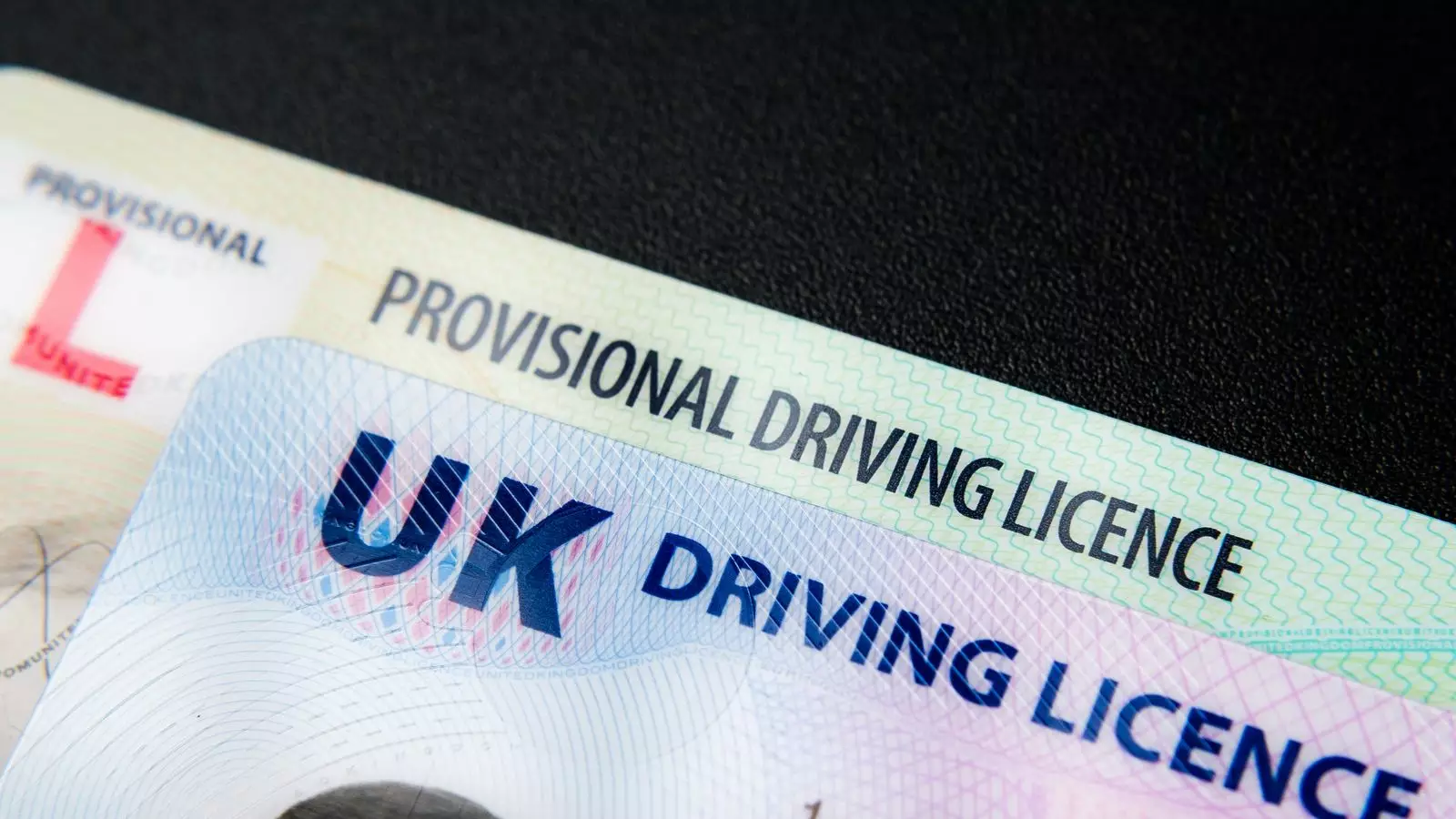The conversation surrounding national identification systems has taken center stage in the UK, particularly in light of new evaluations revealing that it is among the few developed nations lacking such a framework. Research conducted by Sky News indicates that out of 38 countries within the OECD, only six—Australia, Canada, Ireland, New Zealand, the United States, and the UK—do not have a formal ID scheme. This data compels us to examine the broader implications of adopting a digital ID in the UK while contemplating the practical necessities and potential risks associated with such a move.
The recent commentary by former Prime Minister Sir Tony Blair reignites the national dialogue on digital ID cards. In his opinion piece for the Daily Mail, Blair posits that the introduction of modern technologies could enable governmental reforms that have historically seemed unattainable. He envisions a transformation in how public services operate, suggesting that a digital ID system could make vital improvements in areas such as tax collection and spending efficiency. This push echoes sentiments shared during his premiership when the idea of compulsory IDs was a prominent topic until it was discarded by the coalition government.
Blair’s appeal emphasizes the importance of inertia-breaking innovations that could modernize governance. However, a proposal of this magnitude cannot be evaluated in isolation; it must be explored in the context of economic advantages, costs, and societal impact.
According to estimates from Blair’s Institute for Global Change, the initial launch of a digital ID scheme in the UK would require an investment of approximately £1 billion, with an annual maintenance cost of around £100 million. Conversely, the projected savings for the Treasury loom at a staggering £2 billion per year. Adding to this narrative, a separate analysis by McKinsey highlights the potential for digital ID cards to elevate the UK’s GDP by 3% by diminishing bureaucratic hurdles and facilitating easier access to public services.
While financial incentives present a compelling argument for digital ID adoption, it is essential to consider the skepticism raised by civil liberties advocates. Critics argue that the potential for misuse, surveillance, and erosion of privacy far outweighs these perceived fiscal benefits.
Looking globally, ID card systems are not uniform; their structure and levels of enforcement vary extensively. In many OECD countries, ID cards are optional, representing a personal choice rather than a governmental mandate. However, countries like Chile, Luxembourg, and Turkey exhibit a contrasting approach, necessitating citizens to carry identification at all times. The trajectory for ID card adoption appears to be shifting, with nations such as Norway, Hungary, Denmark, Japan, and Lithuania introducing systems in the past decade.
This variability suggests that the evolution of identification practices is influenced by cultural attitudes, historical contexts, and current technological advancements. The UK’s resistance to a national ID system raises questions about its identity as a society that prioritizes personal freedoms.
The UK government has recently conveyed a sense of ambiguity regarding the implementation of digital IDs. Business Secretary Jonathan Reynolds, amidst electoral changes, indicated a willingness to consider advice on digital identities but contradicted himself within hours. Subsequently, new legislation was proposed to provide a framework for optional digital identities, allowing citizens to decide the extent of their personal data included in digital records.
Critics point out that while these digital identities wouldn’t be mandatory, the very creation of a digital system could pave the way toward an environment of surveillance that undermines individual privacy. The Australian government’s recent rollout of a similar plan has sparked debates addressing privacy concerns, which are echoed in the UK.
As the discussion surrounding digital ID continues, it is paramount for all stakeholders—citizens, policymakers, and advocacy groups—to engage in meaningful dialogue. While potential economic benefits and improved governmental efficiency are alluring, the stakes concerning civil liberties warrant thorough examination and transparent debate.
The challenge lies in finding harmony between embracing innovation and safeguarding the foundational principles of privacy. The UK’s identity and values should be at the forefront of this pivotal conversation, as society navigates the complexities of a digital future.

